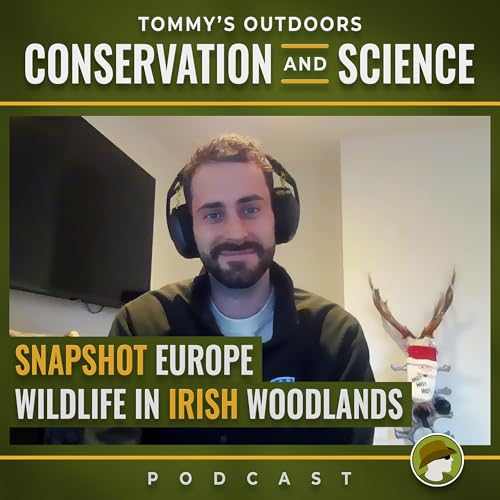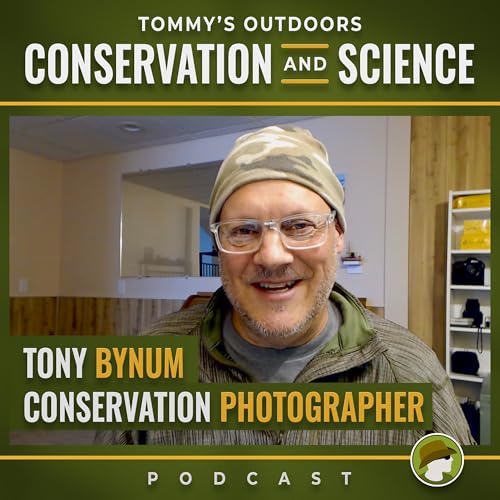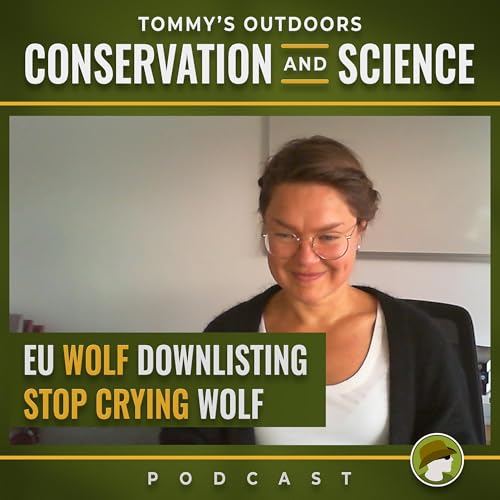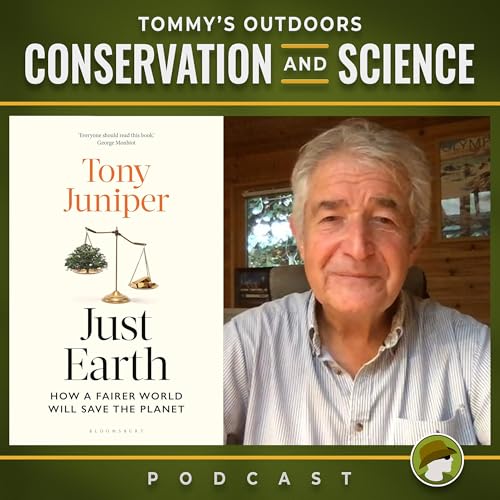What does it take to track wildlife across 250 square kilometres of Irish woodland? How do you position cameras to capture elusive species like otters and pine martens without introducing bias into your data? What happens when floodwaters threaten your carefully placed equipment? Join us as we follow a camera trap survey through the Clara Vale in central County Wicklow, where systematic monitoring reveals the lives of Ireland's mammals.
Throughout the episode, we've included footage from the field showing the actual process of retrieving cameras from flooded mixed woodlands. So, if you're watching the video version, you'll see the camera trap images of otters and deer, the moment we discover whether the equipment survived the floods, and the landscapes where these surveys take place.
We also discuss the importance of systematic camera placement, why all cameras point north, and how spacing them kilometres apart provides better population sampling. The approach demonstrates how proper methodology reduces bias and creates representative data about wildlife distribution across diverse landscapes.
Beyond the technical aspects, we explore what it means to survey wildlife across private and public lands, from forests to plantations. The work covers 60 cameras across County Wicklow and extends to other project sites around Ireland, including national parks where grid-based designs become possible. It's a glimpse into the patient, systematic work that builds our understanding of Irish wildlife populations and their response to different habitat types and land management practices.
Subscribe to Tommy's Outdoors: Conservation and Science Newsletter
Support the Podcast and Buy Me a Coffee.
Recommended Books: tommysoutdoors.com/books
Merch: tommysoutdoors.com/shop
Follow Tommy's Outdoors on Bluesky, Twitter, Instagram, YouTube and Facebook
Mentioned in this episode:
Disclaimer
The views and opinions expressed in this podcast are those of the individual participants and do not necessarily reflect the official policy or position of any organisation. The participants are expressing their personal opinions and perspectives.
 1 時間 10 分
1 時間 10 分 1 時間 14 分
1 時間 14 分 58 分
58 分 59 分
59 分 53 分
53 分 1 時間 13 分
1 時間 13 分 58 分
58 分 2025/11/251 時間 4 分
2025/11/251 時間 4 分
